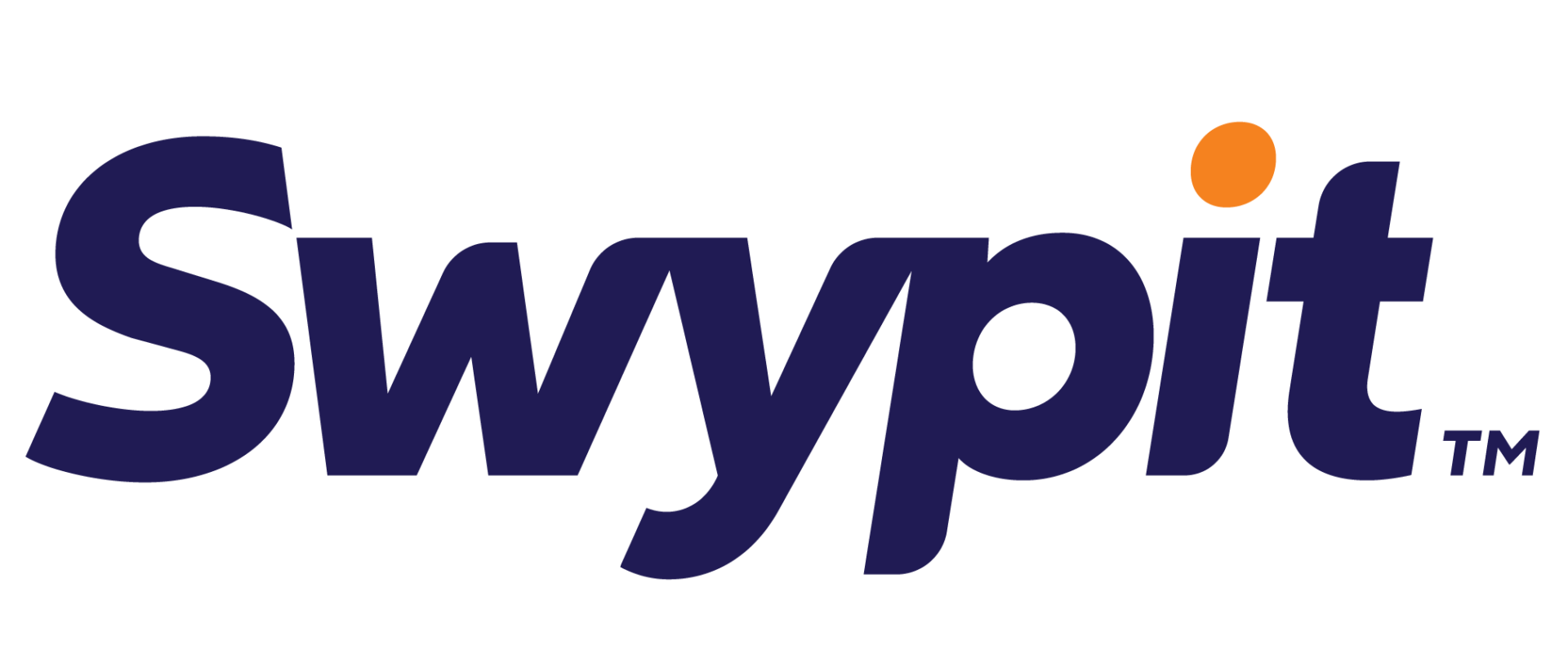2020 Could be Known as the Year of Making Hard Decisions. Here Are 5 Strategies Business Owners Can Use to Make Hard Decisions Easier.

Blog
For many, 2020 has been a year full of unexpected challenges, and even surprises that I am not sure anyone would call fun or even, welcome.
In 2020, business owners, especially, have been faced with–and have had to make—some very tough decisions in the face of obstacles and uncertainty.
One name for such situations is VUCA environments —those that are volatile, uncertain, complex, and ambiguous. VUCA situations can present many different problems for even the most enterprising business owner or leader.
Sometimes, in such novel circumstances, it can seem like we are sort of wandering in unknown territory when it comes to making decisions. After all, most of us have not ever before (or for sure, have not often) had to deal with the potential or fear that our business could be destroyed by riots, natural disasters, or the rarest of rare—a pandemic. And then, there are other novel decisions that come with along with the direst of those challenges—the COVID-19 pandemic—such as shelter-in-place and/or mandatory lockdown orders.
However, while the obstacles we have faced and are facing this year are somewhat uncommon for sure, the process by which we can—and should—make decisions in uncommon times hasn’t really changed.
Below are 5 strategies business owners can use to make hard decisions easier.
Rely on a decision-making framework that you can “go-to” when tough decisions become necessary.
There are many different decision-making frameworks that work for a variety of management and leadership styles. Research those frameworks and find one that matches your personal style of operation and communication, as well as the level of risk with which you’re comfortable. Then, fall back on this decision-making framework when difficult decisions need to be made quickly. If you’re spending less time figuring out HOW to decide, you can spend more time on the research and analysis instead.
Get clear on values and goals.
When you get really clear on your values and goals, making decisions within your decision-making framework becomes much easier.
Your decisions (output) are only as good as the input you have to make the decision. Therefore, it’s imperative to clarify any areas or ideas that uncertain prior to making the decision. This might include gathering additional data or doing more research to ensure that you have the right and best information to make decisions you need to make. Guessing regarding variables while making decisions in VUCA environments, decreases the probability of making the best decision possible.
Avoid unnecessary risk.
Similar to the above, when environments are uncertain, you want to try your hardest to not add to the uncertainty. This often means relying more on historical data and research over hunches and feelings. Again, if you use a decision-making teamwork that is tried and true, it helps to avoid rash or impulse decisions made in the heat of the moment if and when things get even more volatile.
Be flexible.
Even when considering all of the above, it’s important to be and remain flexible, as well as to adapt and course-correct quickly when necessary. In other words, when situations are changing rapidly, decisions and results also need to be evaluated quickly. If something is not working, it’s important to remember that we don’t necessarily have the usual lead time to let scenarios play out. Instead, it’s important to regularly evaluation whether or not decisions are working and be willing to re-address and re-align decisions with the existing or current status of the situation.
[KB4]H4 tag
[KB5]H4 tag
tag [KB6]H4 tag
[KB7]H4
[KB8]H4 tag
